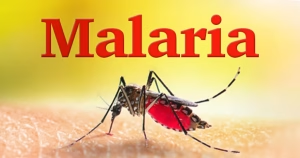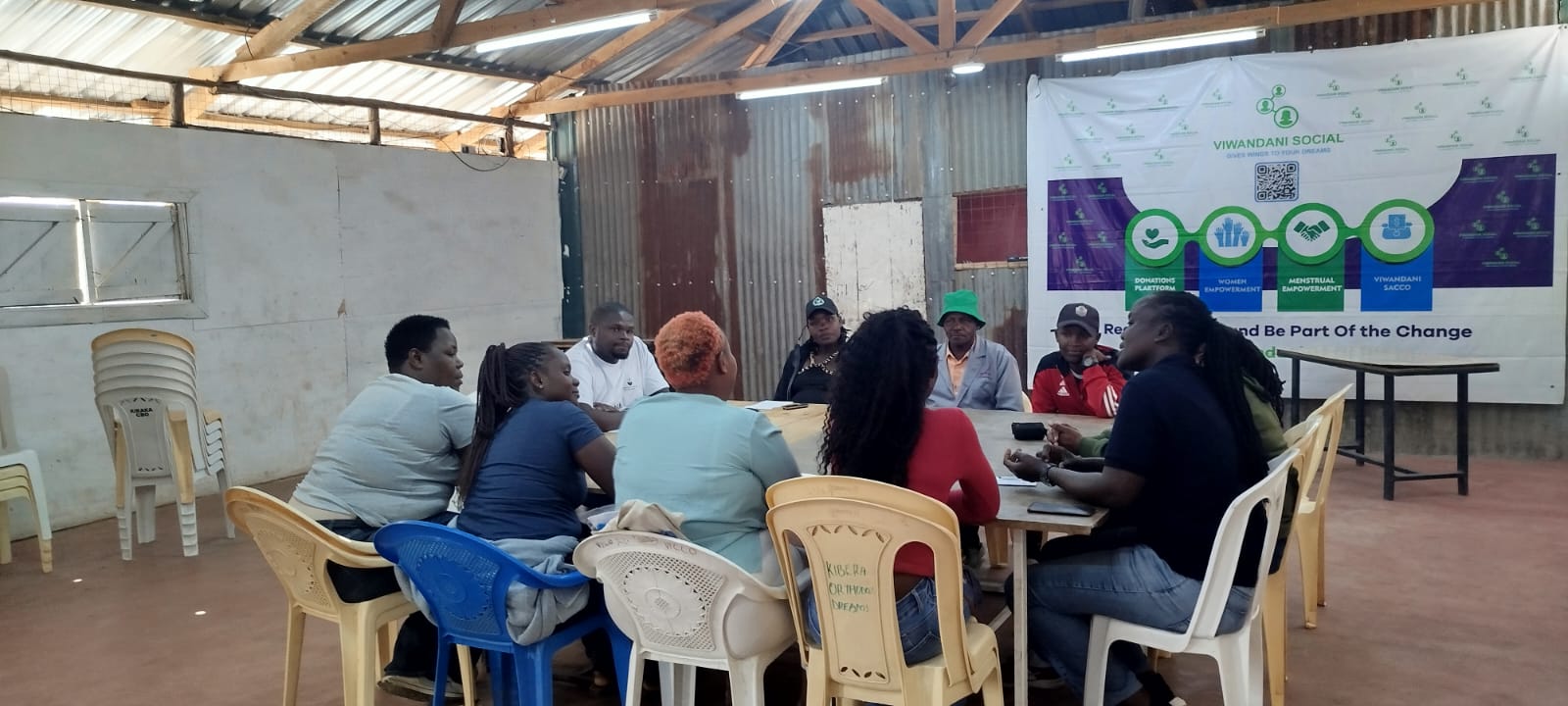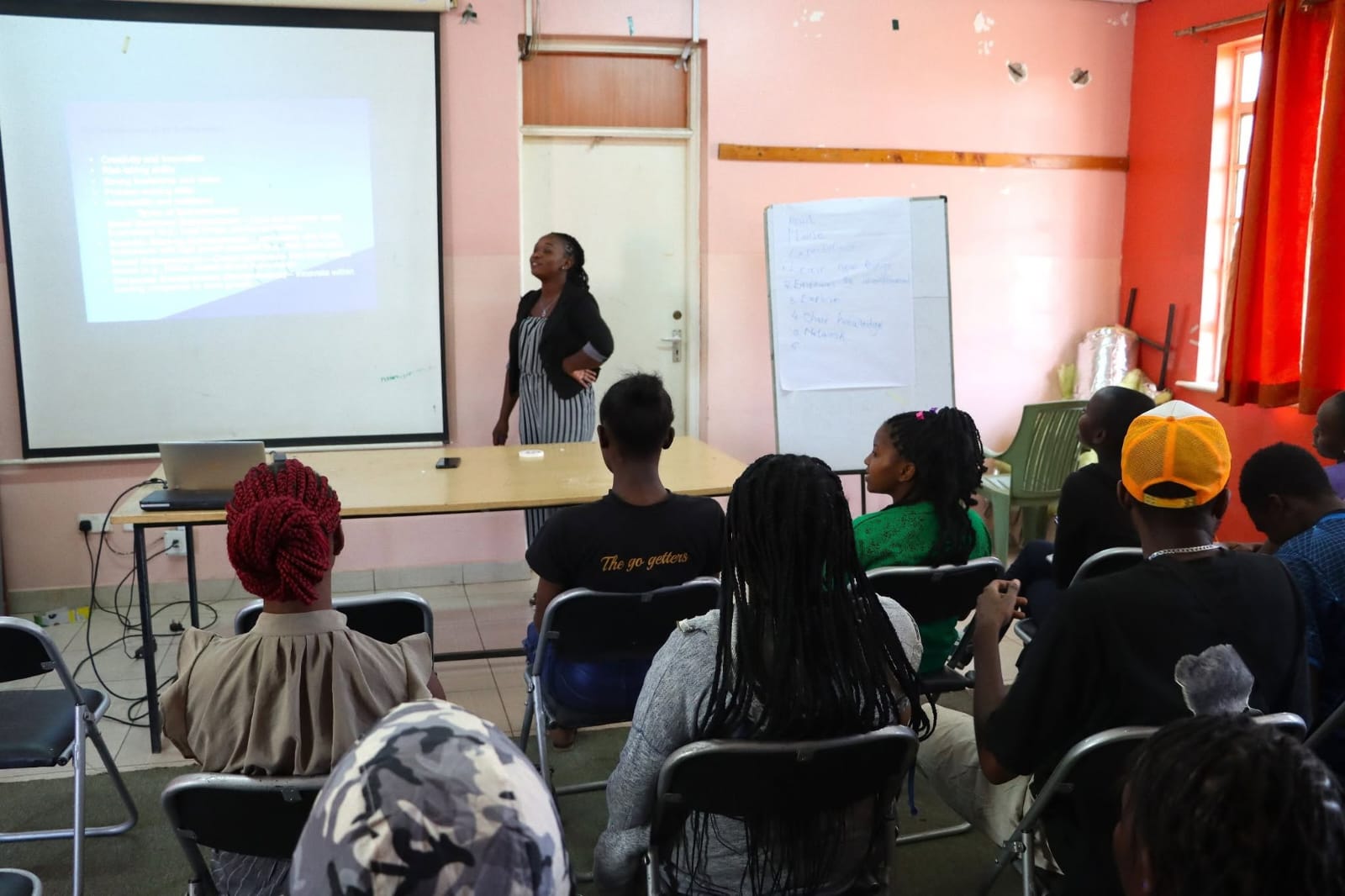FALSE: Photo does not show the drought situation in Embolioi, Kajiado County, in October 2022
Dangers of Malaria to Pregnant Women and Infants
By Joshua Mutisya
Malaria is a disease caused by a parasite which is spread to humans through the bites of infected female Anopheles mosquitoes. These mosquitoes become infective by biting or taking a blood meal from a person already carrying the malaria parasite. Once transmitted, the parasite multiplies in the human liver and then infects red blood cells, causing fever, chills, and other serious symptoms.
Malaria in pregnancy remains a significant public health problem due to its negative effects on pregnancy outcomes and fetal complications. Its infection in pregnancy is a major cause of maternal death, maternal anemia, and adverse pregnancy outcomes like miscarriage, preterm birth, fetal growth restriction, low birth weight, and stillbirth. These complications are more severe in areas with high malaria transmission where pregnant women are frequently exposed.
In Kenya, malaria significantly impacts pregnant women, and there are specific guidelines and interventions in place to address this challenge. Pregnant women are more susceptible to malaria infection and severe illness due to changes in their immune system during pregnancy. The infection can lead to anemia, low birth weight, premature birth, miscarriage, stillbirth, and even maternal death. To combat this, the Ministry of Health encourages the use of Intermittent Preventive Treatment in pregnancy using Sulfadoxine-Pyrimethamine (IPTp-SP) and Long-Lasting Insecticidal Nets (LLINs) to prevent mosquito bites and infections.
Although malaria cannot be transferred from mother to infant through breastfeeding, it remains dangerous to the infant when infected and not taken to the hospital or clinic. Prompt diagnosis and treatment are crucial. Treatment during pregnancy can be risky because some antimalarials carry potential risks, especially during the first trimester. However, according to health experts, the benefits of treating malaria outweigh the risks when recommended medications and dosages are used. The World Health Organization (WHO) recommends the use of artemisinins in the first trimester based on available safety data.
According to Dr. Denis Mumo, malaria infection can lead to placental insufficiency, maternal anemia, and systemic inflammation all of which can negatively impact fetal brain development. The sequestration of infected red blood cells in the placenta can reduce the oxygen and nutrient supply to the fetus, resulting in intrauterine growth restriction (IUGR). Babies born to mothers infected with malaria may be preterm or small for gestational age, putting them at higher risk of cognitive and developmental delays.
Furthermore, malaria in young infants can have devastating effects on brain development. When infants develop cerebral malaria, they may experience seizures and long-term complications, including impaired learning abilities and behavioral issues. Even in cases of uncomplicated malaria, some studies have observed impacts on both academic performance and cognitive development in children exposed to the disease early in life.
It is important to note that infants under the age of five are the most vulnerable group affected by malaria. According to the World Malaria Report, children under five accounted for about 76% of all malaria deaths in the WHO African Region in 2023. This highlights the urgent need for continuous preventive efforts, early diagnosis, and prompt treatment, especially in high-burden regions such as sub-Saharan Africa.
Despite a slight decline in malaria-related deaths globally, the total number of malaria cases increased from 252 million in 2022 to 263 million in 2023. The WHO African Region remains the most affected, carrying 94% of all cases and 95% of deaths. These statistics underscore the critical need for comprehensive malaria control strategies focused on pregnant women and infants.
Malaria is not just a disease; it is a life-threatening condition that affects the most vulnerable members of society pregnant women and children. Therefore, continued health education, access to preventive tools like treated mosquito nets, timely antenatal visits, and access to quality healthcare are essential to reducing its burden.
Malaria is dangerous to pregnant women and infants and can cause death if not managed properly. It is, therefore, advisable for expectant mothers and caregivers to always take preventive measures seriously. In case of suspected infection, they should seek immediate medical attention for both themselves and their babies to ensure the best possible outcomes.








